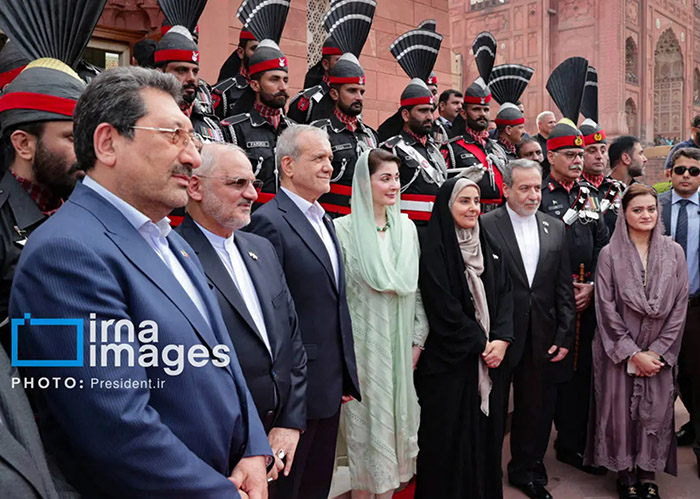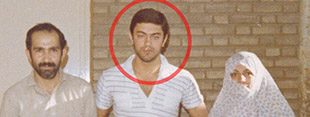Cultural and Religious Diplomacy
Cultural exchange programs are also on the table. Both nations boast rich Islamic traditions and ethnic diversity. Initiatives proposed include:
-
Launching Persian–Urdu translation centers in major universities
-
Organizing religious pilgrimages with better visa coordination
-
Collaborating on film and media productions showcasing shared heritage
-
Reviving joint religious seminars in cities like Qom, Mashhad, and Lahore
The visit to Muhammad Iqbal’s tomb was not merely ceremonial—it served as a prelude to launching a Persian–Urdu Literary Council, which will oversee academic collaborations and literary exchanges.
Role of the Sistan and Baluchestan Governor
The inclusion of the Governor of Sistan and Baluchestan Province in the delegation underlines the intent to foster local-level diplomacy. In a separate meeting with Baloch leaders in Pakistan, the Governor proposed the establishment of Cross-Border Development Zones (CBDZs) that would offer tax incentives, education programs, and healthcare services on both sides of the frontier.
Pakistani officials welcomed the idea, noting that border provinces suffer from underdevelopment and marginalization. A joint development committee is expected to be set up to begin work on pilot projects.
Press Conference and Joint Declaration
At the end of the first day, both leaders held a joint press conference in Islamabad. Prime Minister Shahbaz Sharif noted: “Today marks a new dawn in Iran–Pakistan relations. We have moved from rhetoric to action, from vision to concrete agreements.”
President Pezhakian added: “Our peoples deserve peace, prosperity, and partnership. We must not allow our shared potential to be obstructed by foreign pressures or regional instability.”

